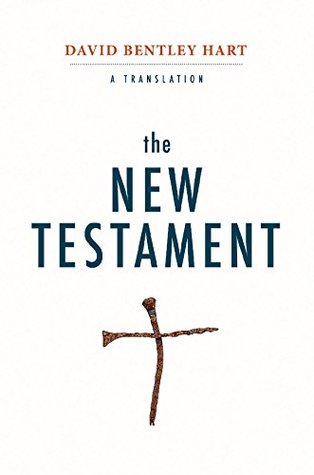In the end even the most conscientious translations tend, at certain crucial junctures, to use language determined as much by theological and dogmatic tradition as by the “plain” meaning of the words on the page. And in some extreme cases doctrinal or theological or moral ideologies drive translators to distort the text to a discreditable degree. Certain popular translations, like The New International Version and The English Standard Version, are notorious examples of this. These may represent the honest zeal of devout translators to communicate what they imagine to be the “correct” theology
...more
Welcome back. Just a moment while we sign you in to your Goodreads account.


